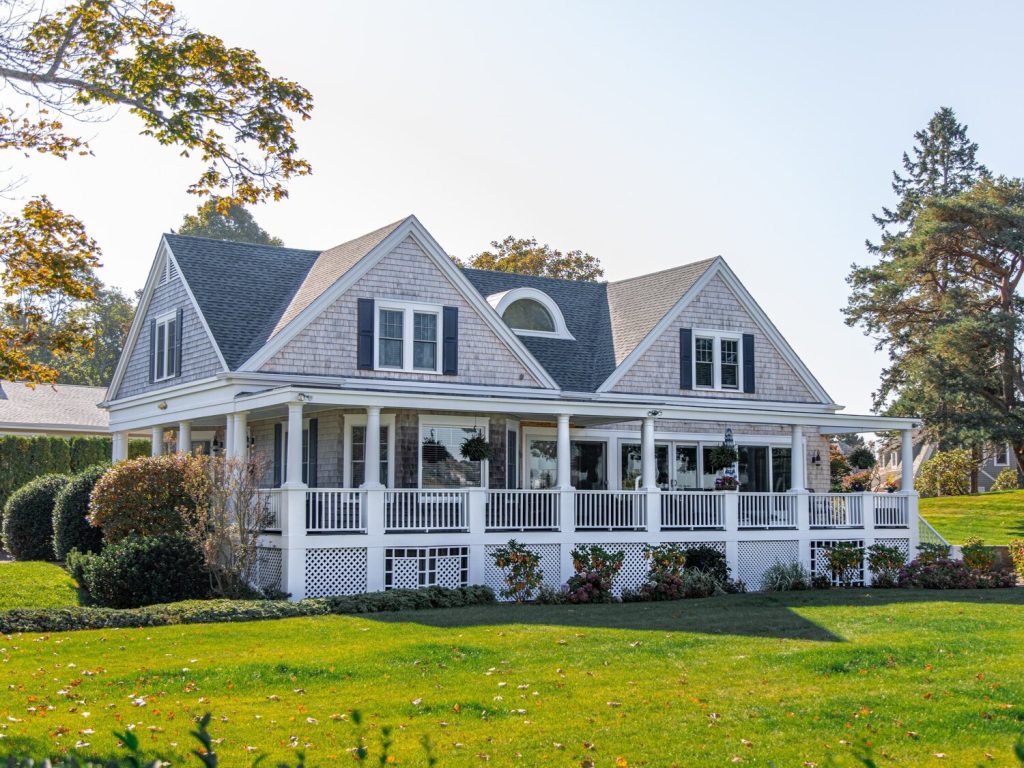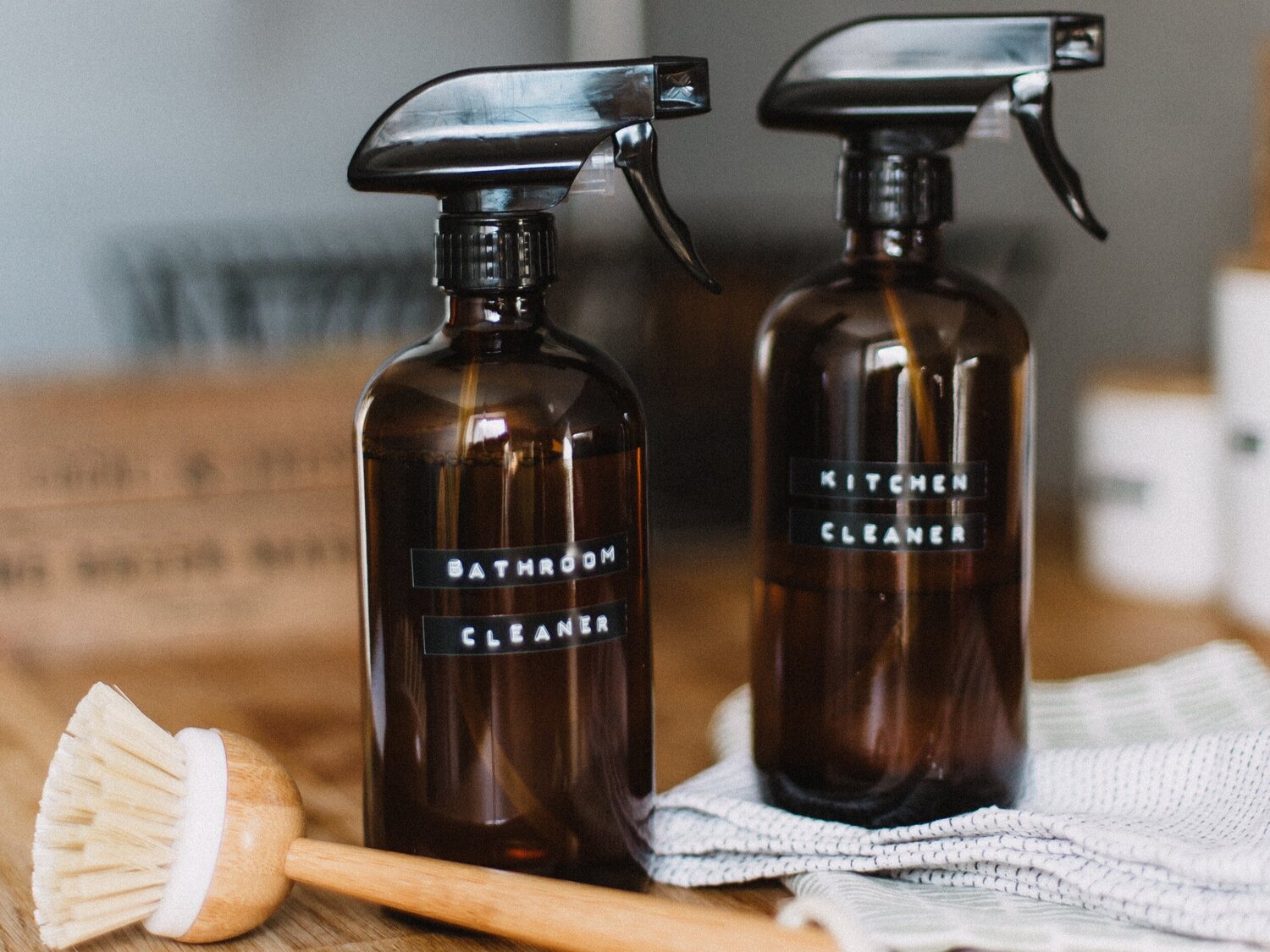May 25, 2021
How Long Do HVAC Systems Last?

As a homeowner, you know how important it is to stay on top of your home maintenance. After a while, everything – from carpets to garage doors – needs to be replaced. Often it’s better to pre-empt all of the hassle and expense of things breaking down by replacing them before their age causes bigger problems – prevention is always better than cure. Nowhere is this more true than your HVAC system! No one wants to be replacing a furnace that won’t turn on in the middle of winter. So, how long do HVAC systems last?
Usually, HVAC systems last between 12-15 years, depending on the type of system and the climate of your home. Some systems are more efficient and will last up to 25 years. You can extend the life of your HVAC system through proper maintenance.
How Long Do HVAC Systems Last?
Like all technology, HVAC systems have changed and evolved over the years, so different systems have different lifespans. Here is a rough guide for how long do HVAC systems last:
Gas Furnaces: Gas furnaces can last up to 30 years; typically they will work well for at least 20-25.
The typical cause of failure: Heat exchanger
Oil Furnaces: Oil furnaces are less energy-efficient than gas furnaces, lasting 10-15 years.
Heat pumps: Heat pumps last on average about 15 years, though frequent usage can push their system to about 10 good years.
The typical cause of failure: Compressor
Air Conditioning: Typically air conditioning units will last 15-20 years.
The typical cause of failure: Compressor or condenser
Boilers: Boilers will often last 30 years, and can be anywhere in the 20 to 35-year range.
The typical cause of failure: Heat exchanger
What Affects HVAC System Life?
How long do HVAC systems last? Well, a variety of environmental and installation factors play into system longevity. Some of these are beyond your control – things like climate and the type of system you have had installed. Some of them, though, you can learn to mitigate by using your HVAC system correctly and being consistent with your maintenance.
Cleaning Chemicals
It might surprise you to know that the product you use in your home – especially cleaning products – directly impacts how long your HVAC systems last. The reason for this is that the corrosive elements in many cleaning products, while harmless to most surfaces, will find their way through the air into your ductwork, and from there will damage the copper coils in your HVAC system. Switching to natural, non-corrosive cleaning products will help extend the life of your HVAC system.

Climate
How long do HVAC systems last in extreme climates? Usually, an HVAC system in a coastal area will degrade faster than its landlocked counterparts. Higher salt levels in the air are responsible for wear and tear on the system: if you live in a coastal area, as a general rule you can expect your HVAC system to be replaced 3-5 years sooner than the typical estimates below.
Climates that have extreme temperatures will also wear out an HVAC system faster than milder places.
Improper Usage
You can cause problems in your HVAC system by using it incorrectly. How long do HVAC systems last when they are forced to work harder than they were designed to? Sometimes even 5-10 years fewer than they could if they had been used properly. Some examples of this are behaviors that will shorten the lifespan of your HVAC system are: keeping the internal fan on constantly, changing your thermostat temperature repeatedly throughout the day, and setting your house to heat or to cool with the windows open.
Incorrectly Sized System
An HVAC system that is too large or too small for the building it is serving will result in cycling on and off far more frequently than it is designed to do as it over-corrects itself. Make sure you consult professionals when you are looking to install a new system, and get a consultation on your HVAC system when you buy a new building, to ascertain if replacing the system from the beginning is actually going to save you money in the long term.
Neglectful Maintenance
This is one of the most significant factors in how long do HVAC systems last: neglectful maintenance will ignore little problems as they build up. This approach will cost you more and more in repairs until the system itself breaks down. To avoid this, make sure that you are getting your HVAC professional cleaned annually and are regularly changing your furnace filter.

How Can I Extend HVAC System Life?
If you’re wondering about how long do HVAC systems last, you probably want to know how to extend the life of your system. These are the most important things to do to ensure that your HVAC system lasts as long as possible.
- Regular home maintenance: changing your filter, cleaning your furnace and ductwork
- Annual professional cleaning: if you’re in Utah, we can help! Getting your ductwork professionally cleaned of all of the build-up of the year goes a long way towards easing the strain on your furnace and extending the life of your HVAC system.
- Energy conservation behaviors: Keeping consistent temperatures in your home by only using heating and cooling functions when necessary is a huge part of making sure your HVAC system isn’t wearing itself out. For ideas of how you can save energy, check out our blog.
When Should I Replace My HVAC System?
‘How long do HVAC systems last?’ is certainly important to know, but it doesn’t follow that you should wait for your HVAC system to be crashing before you replace it. Even if your system is set to last for 15 or 20 years, many homeowners find that after 10 or 12 years, their system begins to have more and more issues. You may decide that, between the poor energy efficiency of older systems (especially if you have an oil furnace) and the increasing costs of repairs, it makes far more sense to invest in a new system ahead of schedule.
In the meantime, invest in your HVAC system by getting it professionally cleaned! Get in touch for a free assessment.

Leave a Reply